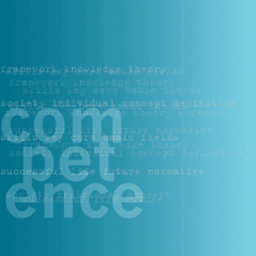Without competencies, our ability to define and describe leadership is limited. Competencies help us do this. Competencies help observers see what it takes to be fully successful in a position. And success as a leader is both about what is done (applying technical knowledge, skills, and ability) and how it is done (the consistent behaviors that are demonstrated and used) while interacting and communicating with others at work.
Dr. Robert Hogan writes:
Personality concerns two major elements:
(a) generalizations about human nature (what people are like way down deep) and
(b) systematic accounts of individual differences (which differences are important and how they arise).
To understand personality, the concept should be defined from two perspectives:
(a) how a person thinks about him- or herself (i.e., a person’s identity) and
(b) how others think about that person (i.e., a person’s reputation).
A person’s identity concerns his or her most deeply held beliefs, whereas a person’s reputation is an index of his or her success in life. Identity is hard to study, and we do not know a great deal about it. In contrast, reputation is easy to study and vastly consequential. http://peterberry.sitesuite.ws/files/hogan_research_articles/journal_articles/what_we_know_about_leadership..pdf
Conclusion: Essentially it would be appropriate to state that it really does not matter as much what causes a leader to do what he/she does as much as it is to be able to observe, report, and define the behaviors that make that leader effective or not effective.
Competencies are the behavioral link to leadership. They provide us with the ability to better define the outwardly positive and/or negative behaviors of leaders.








